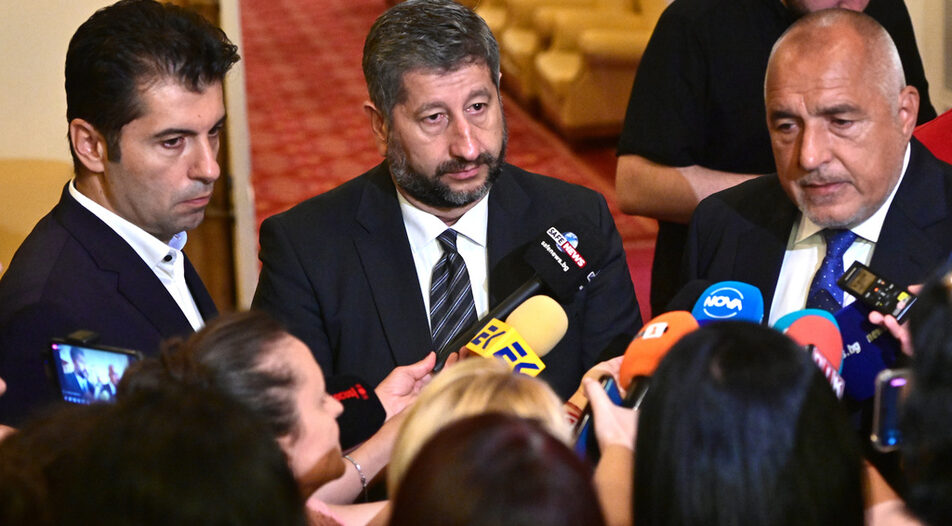Bulgaria finally has a budget for the year 2023 after Parliament approved it last week. Notably, the budget includes salary hikes for a range of public employees. These include police officers, military personnel, National Revenue Agency staff, customs officers, State Agency for National Security operatives, Emergency Medical Services personnel, Regional Health Inspectorates, prison staff, judicial security personnel, and several other public administration bodies.
The approved additional expenses amount to 375.6 million levs (192.4 million euro), partially offsetting a reduction in capital expenditures. These funds will primarily be allocated to cover a rise in salaries across various government agencies, with implementation commencing on August 1. A smaller portion expenditures is earmarked for compensations to farmers and religious denominations, and for education.
This parliamentary decision is just the opposite to criticisms of extra spending previously raised by the same political parties of the governing majority, highlighting concerns about an ongoing policy of consistent salary and pension hikes. The potential risk associated with such a policy is its capacity to fuel inflation and strain fiscal stability. If over 340 million levs are needed to finance the the new increased salaries in just five months, there is a possibility for this figure to double next year.
Debates regarding the provisions of Budget 2023 extended for more than 10 hours, revolving around the sequencing of specific texts presented by parliamentary groups. Notably, proposals submitted by GERB, MRF, and WCC significantly overlapped.
The lawmakers also introduced measures aimed at combating the shadow economy. Under these measures, companies with 100 or more employees will be mandated to pay salaries through bank transfers only. Part-time agricultural workers are the sole exception to this rule.
Delian Dobrev from GERB introduced an unexpected proposal, suggesting a vote on a provision obligating the government to take action within 7 days of the law's enactment to lift the derogation for Bulgaria from the EU ban on seaborne imports of Russian crude oil. Dobrev argued that the previous amendment by the WWC's cabinet disproportionately favored Russia's Lukoil which controls Bulgaria's sole oil refinery, Lukoil Neftochim Burgas. Despite its potential to significantly impact the local fuel market, the proposal received support solely from MRF and was not adopted.
Half a billion levs surplus by the end of July
As of the end of July, the state budget was in surplus of half a billion levs, equivalent to approximately 0.2% of the GDP projected for 2023. According to the Finance Ministry, July is the second consecutive month with a surplus, which has expanded by an additional 0.3 billion levs compared to June. However, this trend is likely to reverse by the year's end, as the budget is projected to conclude with a deficit of 2.5% of GDP on a cash basis.
Total revenues for the first seven months of 2023 reached 37.4 billion levs, which is a 10.6% increase compared to the same period in 2022. Expenditures totalled 36.9 billion levs in January-July, up 14.4% year-on-year. This growth rate exceeds the anticipated 12% projection for the year's end, with the most significant increases observed in pension and personnel expenses, as well as capital expenditures.
Bulgaria finally has a budget for the year 2023 after Parliament approved it last week. Notably, the budget includes salary hikes for a range of public employees. These include police officers, military personnel, National Revenue Agency staff, customs officers, State Agency for National Security operatives, Emergency Medical Services personnel, Regional Health Inspectorates, prison staff, judicial security personnel, and several other public administration bodies.
The approved additional expenses amount to 375.6 million levs (192.4 million euro), partially offsetting a reduction in capital expenditures. These funds will primarily be allocated to cover a rise in salaries across various government agencies, with implementation commencing on August 1. A smaller portion expenditures is earmarked for compensations to farmers and religious denominations, and for education.












